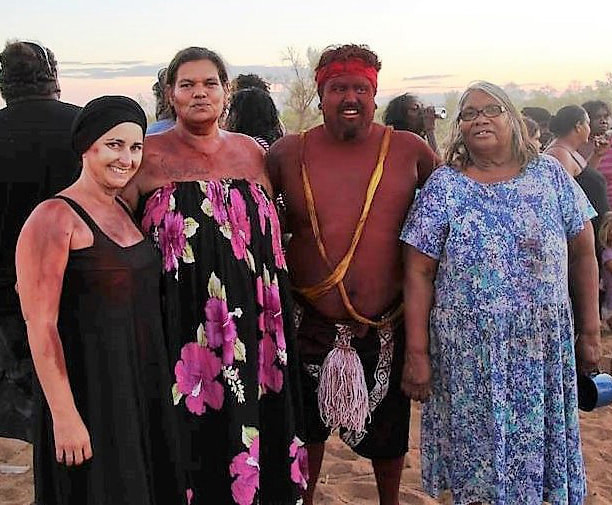|
IPS Management Consultants acknowledges the Traditional Owners and Custodians of Country throughout Australia, and their continuing connection to land, water, and community. We pay our respects to Elders both past and present, and we extend that respect to all First Nations people.







